2016 – EURAM is welcoming you in Paris
Paris, a legendary city, has inspired artists, photographs and musicians through the ages. Victor Hugo described working-class Paris in Les Misérables; Apollinaire immortalized the Mirabeau Bridge in his poem and Joe Dassin composed a song titled les Champs Elysées. These days, luxury brands like Cartier and Dior draw inspiration from the beauty of Paris for their designs.
Paris is a popular setting for French films – just think of Amélie, with its many scenes shot in Montmartre. The city has also featured in international films; it is a particular favourite with American film makers, The Da Vinci Code is just one example. Then there’s From Paris with Love, Inception and of course Woody Allen’s Midnight in Paris, with scenes shot in Paris palace hotels like the Ritz and the Meurice, in the Musée Rodin and the Château de Versailles; a genuine tribute to the French capital.
Situated at the heart of Europe, Paris is easy to get to, with 2 international airports: Paris Charles-de-Gaulle (23 km to the north) and Paris Orly (14 km to the south) connecting the French capital to 557 cities in 132 countries. Aéroports de Paris handles some 14,000 flights per week. Paris is also at the hub of an extensive and efficient rail network with connections to major European cities (London, Barcelona, Milan, Vienna, Berlin, Stockholm etc.) on TGV, Thalys, Lyria and Eurostar trains.
The city’s 16 metro and 5 RER commuter rail lines make it easy and quick to get around Paris and its environs. The public transport network also comprises extensive bus service and several tram lines. As for private transport, taxis and private hire vehicles are available on a 24-hour basis, and can be called for immediate use, or booked in advance using new Smartphone applications.
Paris stands out from its rivals due to its well-balanced, abundant and eclectic accommodation offer – from luxury palaces to small local hotels, from big chain hotels to charming design hotels with 149 000 bedrooms, and 82 227 in the centre of Paris. Hotel residences, Bed & Breakfasts, youth hostels and furnished apartment rentals complete the offer.
French gastronomy has been added to the world’s intangible heritage list by UNESCO. Paris, where cuisine goes hand in hand with creativity and skill, has a wide and varied selection to choose from gourmet restaurants run by Michelin-starred chefs as well as smart brasseries at more affordable prices for business lunches and group dining. Paris is the ideal option for sampling everything from French culinary classics to ultramodern food fusions. Many of the big names in French cuisine have cookery schools in Paris: Lenôtre, Alain Ducasse, Cyril Lignac and Guy Martin organize a range of different courses comprising cookery classes and tasting sessions, with formats ideally suited to team building.
With their history and impressive architecture, Paris’s monuments undoubtedly contribute to the charm of the French capital. The Eiffel Tower, Notre Dame Cathedral, the Sacré Coeur Basilica and the Arc de Triomphe are the four best-known monuments.
As for museums, Paris has 138 of them. The Louvre, the oldest one in Paris, is also the world’s most-visited museum, with nearly 10 million visitors per year. The Musée National d’Art Moderne, the Musée d’Orsay, and the Château de Versailles near Paris are also increasingly popular with international visitors.
Paris nightlife gets going when the Eiffel Tower begins to sparkle. Night owls congregate in every district for drinks or a meal in restaurants, bars, cabarets or even boats and buses before heading on to trendy nightclubs. Most bars and restaurants stay open to 2am, and many have live music. Paris has 30-odd cabarets and dinner shows and 75 nightclubs, which draw clubbers from all over Europe: many of the top international DJs started out here. New clubs open each year, keeping the Paris nightlife scene fresh and lively.
Paris, a city with a strong green ethos, will be hosting the United Nations conference on climate change (COP 21) in 2015. The City of Paris carries out an active transportation policy: clean public transport, cutting car traffic to encourage sustainable or non-polluting mobility options such as the Vélib bike share and Autolib electric car sharing schemes, and a ban on diesel cars by 2020.
Paris has adopted Agenda 21 to tackle economic, social and environmental challenges. This action strategy envisages a 30% reduction of CO2 emissions by 2020. Paris is also working to promote social cohesion and diversity. Public transport and public spaces are being made more accessible.
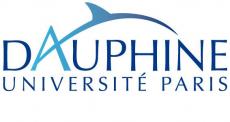 |
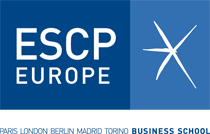 |
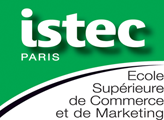 |
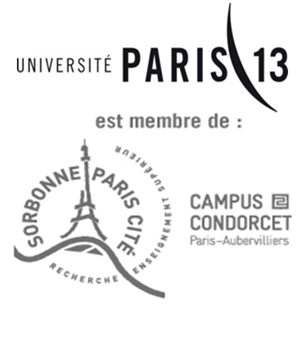 |
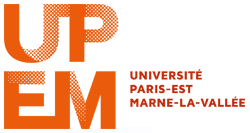 |
|
| |





